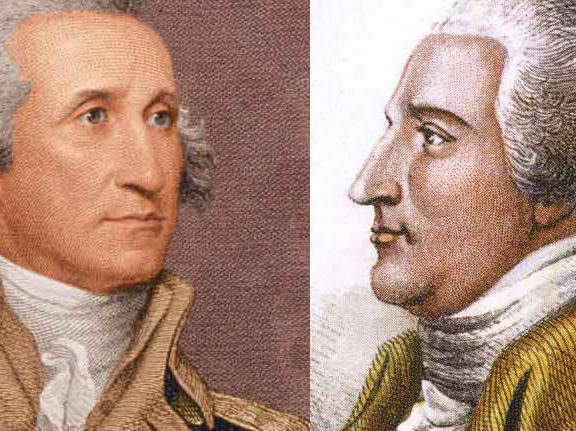Integrity in Politics
Whenever I can highlight integrity in politics, I want to do so. Those who uphold integrity are often accused of disloyalty and suffer from threats that stray from the political to the personal. It costs a person to maintain integrity and do whatever job he/she is called to do honestly and with a clear conscience. Brad Raffensperger is the Republican secretary of state in Georgia, the man responsible for overseeing elections. He has come under fire from fellow Republicans who… Read more »





